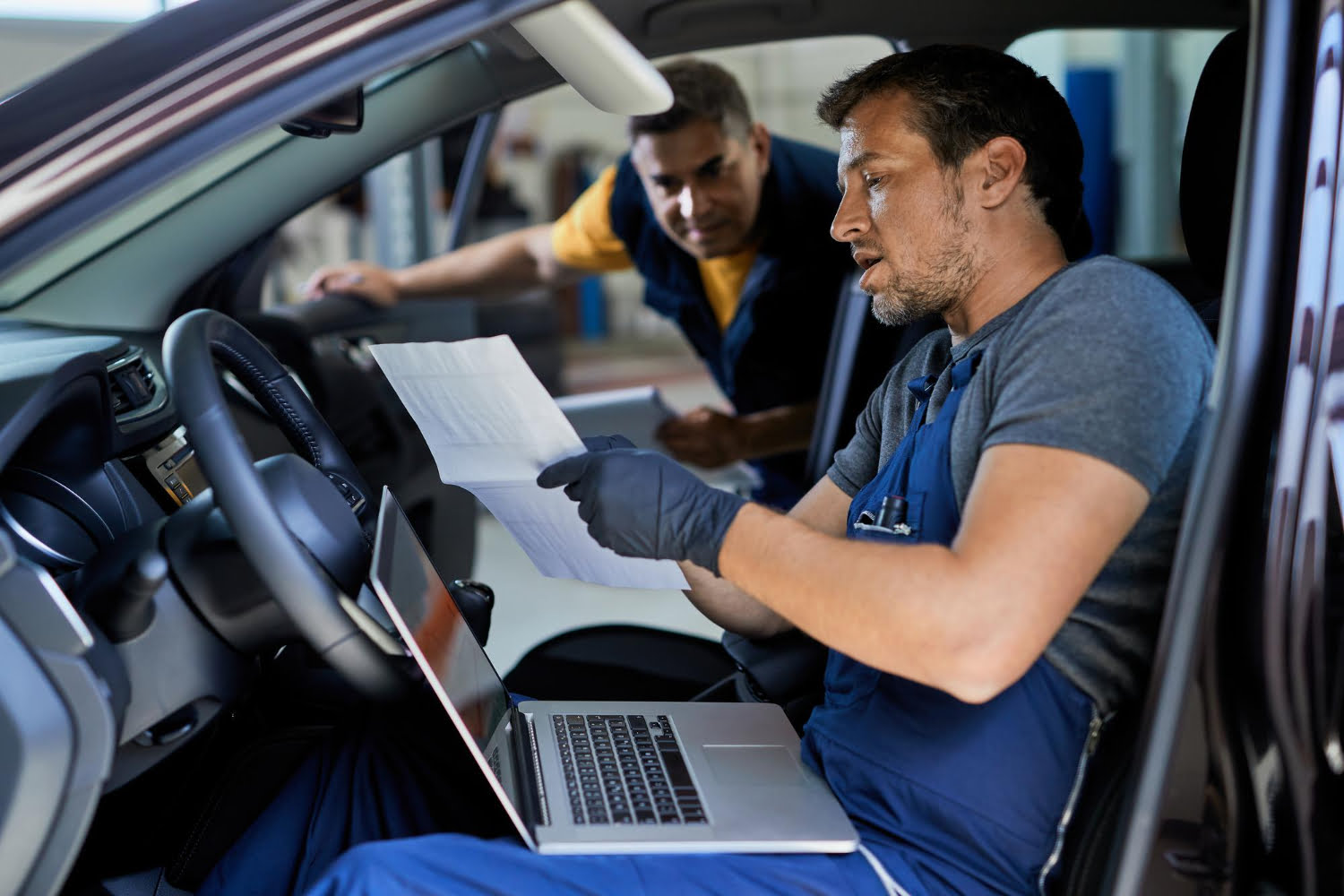Vehicle modifications are a popular way for car enthusiasts to personalize and enhance their vehicles’ performance and aesthetics. While modifications can be exciting, it is important to understand how they can affect the results of smog checks. We dive into the impact of vehicle modifications on smog check results, highlighting the importance of maintaining emissions compliance and providing valuable insights for vehicle owners.
Understanding Vehicle Modifications: Vehicle modifications can range from aftermarket exhaust systems and engine modifications to alterations in the intake system and performance enhancements. These modifications often aim to boost horsepower, improve vehicle handling, or create a distinctive appearance. However, it’s crucial to note that certain modifications can have unintended consequences on a vehicle’s emissions and may result in failure during smog checks.
Modifications and Smog Check Failure:
- Exhaust System Modifications: Aftermarket exhaust systems, such as those with larger diameter pipes or straight-through designs, may alter the backpressure and flow characteristics of the exhaust system. These modifications can lead to increased emissions of harmful pollutants, such as nitrogen oxides (NOx) or hydrocarbons (HC), potentially causing a vehicle to fail the smog check.
- Engine Performance Modifications: Performance-enhancing modifications, such as turbochargers, superchargers, or engine tuning, can significantly alter the combustion process and increase power output. However, if not properly calibrated or if emissions control systems are bypassed or tampered with, these modifications can lead to excessive emissions and failure to meet smog check requirements.
- Intake System Modifications: Modifications to the intake system, such as cold air intakes or modified air filters, can impact the air-to-fuel ratio and airflow characteristics. If these modifications disrupt the proper functioning of the engine’s emissions control systems, they can result in increased emissions during smog checks.
Compliance and Reverting Modifications: To ensure successful smog check results, it is crucial to consider the impact of vehicle modifications on emissions. If modifications are causing a vehicle to fail smog checks, vehicle owners have a few options:
- Revert to Stock Configuration: Returning the vehicle to its original, stock configuration before the smog check can often resolve emissions-related issues. Reverting modifications that affect the emissions system can help restore compliance and increase the likelihood of passing the smog check.
- Seek CARB-Approved Modifications: If you still desire modifications, consider seeking California Air Resources Board (CARB)-approved modifications. CARB-approved modifications meet stringent emissions standards and have been tested and certified to be compliant. These modifications can offer the best of both worlds—vehicle customization and emissions compliance.
Conclusion: Vehicle modifications can be an exciting way to personalize your car, but it’s essential to understand their potential impact on smog check results. AB Smog Check advises vehicle owners to be aware of how modifications can affect emissions and compliance. By considering the consequences of modifications and taking appropriate measures, such as reverting to stock configurations or choosing CARB-approved modifications, vehicle owners can enjoy the best of both worlds—a customized vehicle and compliance with smog check requirements. Remember, being responsible with modifications helps protect the environment, maintain air quality, and ensure your vehicle passes the smog check with ease.



